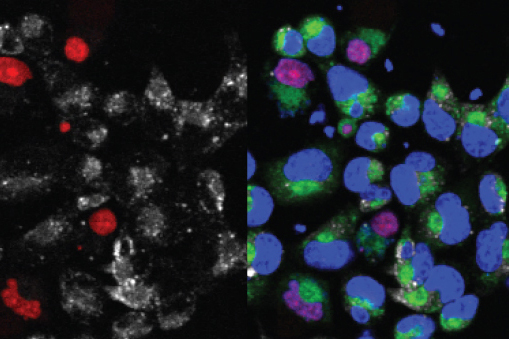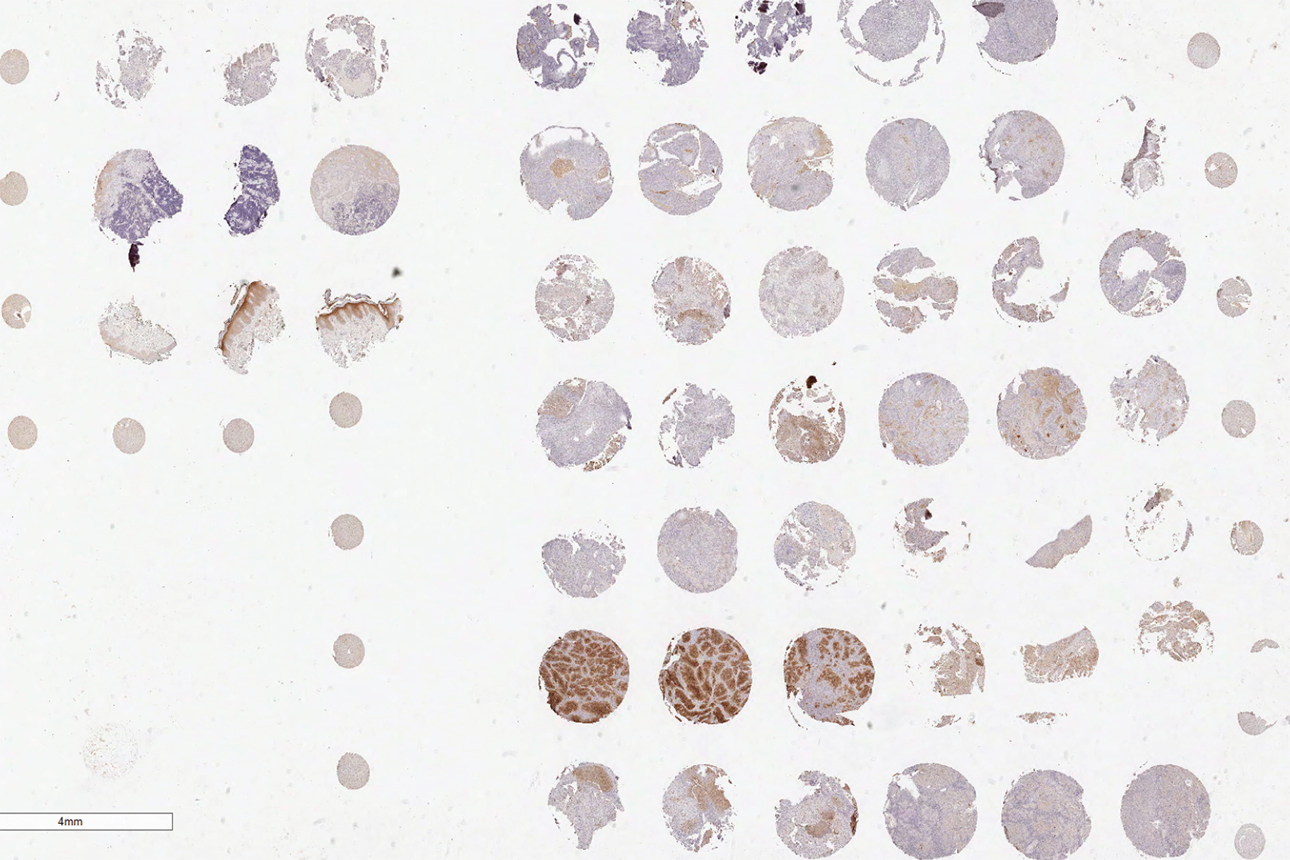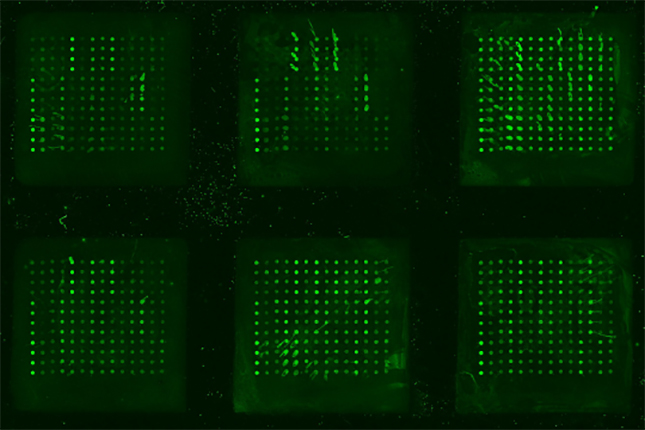High energy ionizing radiation (IR) is an integral part of cancer therapy for most patients diagnosed with this diverse disease. While IR is effective in killing a large proportion of many tumor cell types, certain cancers are inherently resistant to the effects of IR, and other cancers will respond to IR initially, but eventually regrow, indicating that at least a small population of cancer cells in the original tumor were resistant to high doses of radiation. Understanding the genetic, epigenetic and molecular signaling pathways involved in this cellular resistance is critical to predicting which tumors are likely to be resistant to standard therapy, and also to developing new therapies to use in alone or in conjunction with IR to improve its efficacy and reduce the risk of recurrence.
Much work over the past century has identified critical components for both normal and tumor cell recovery from IR-induced damage. Nevertheless, questions regarding the mechanisms of cell death induced by IR and all of the molecular events sufficient for tumor cell survival remain unanswered. We are taking a multi-faceted approach to better understand factors at play in human tumor radiation resistance and how we can target these defense mechanisms to make tumor cells more susceptible to radiation-induced death.


